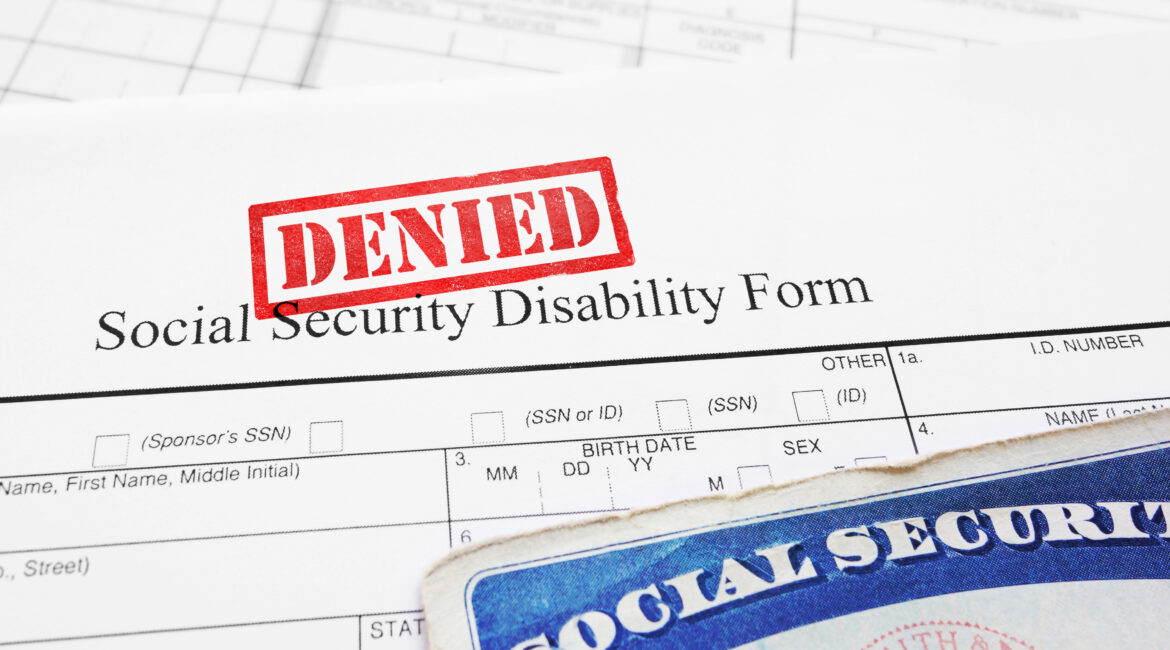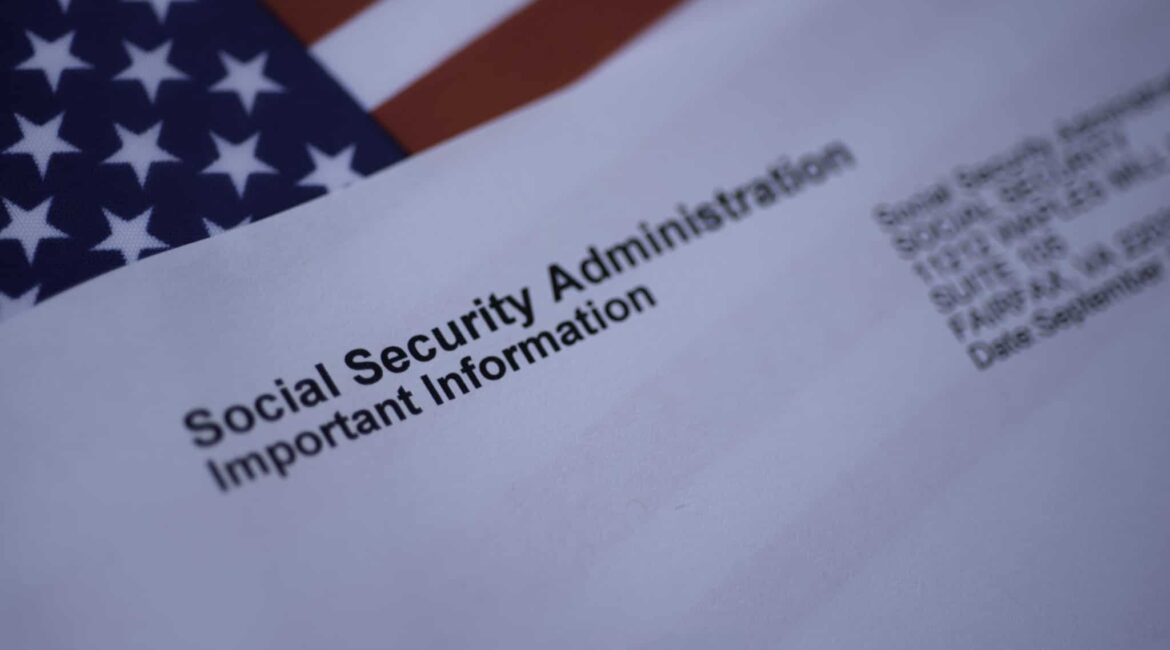Applying for Social Security Disability (SSDI) can be a lifeline for individuals unable to work due to a disabling condition. However, the process is stringent, and many claims are denied for avoidable reasons. At Hoffman, Larin & Agnetti, we’ve helped countless clients navigate the complexities of SSDI claims. Here are...
The Social Security Disability Dictionary: Simplifying the Process
Applying for Social Security Disability (SSDI) benefits is like learning a new language. With so many unfamiliar terms, acronyms, and processes, it’s easy to feel overwhelmed. After decades of representing Social Security Disability clients, we’ve created this easy-to-understand dictionary of standard Social Security Disability terms. Whether applying for the first...
Navigating the Social Security Disability Process: Tips from Our Legal Team
Our dedicated legal assistants at Hoffman, Larin & Agnetti handle the intricate and often overwhelming process of applying for Social Security Disability (SSDI) benefits. With years of collective experience, we process numerous forms, communicate with the Social Security office, follow up with medical providers for timely records, and ensure that...
6 Steps to Take to Protect Your Rights After a Major Data Breach
Another significant data breach has exposed the personal information of countless individuals, once again highlighting the risks associated with inadequate security measures. A Florida-based firm specializing in background checks and private information requests has allegedly been compromised, with billions of personal records at risk of being leaked online. A...
SOCIAL SECURITY – DON’T BE A VICTIM OF A SCAM
Scams never go away. 2020 added Covid Scams but the theft of Social Security information is always with us. In 2019 there were more than 450,000 complaints about fraudulent attempts to obtain personal information and steal Social Security benefits. Representing Social Security Disability clients for many years, we are all...
SOCIAL SECURITY VS MEDICARE: WHO DO I CALL?
Social Security offers retirement, disability, and survivors’ benefits. Medicare provides health insurance. Because these services are often related, you may not know which agency to contact for help. The list below can help you quickly figure out where to go. Please share this list with family and friends; it...
THE 10 MOST IMPORTANT SOCIAL SECURITY CHANGES FOR 2021
The Social Security Administration (SSA) has announced changes to Social Security benefits and taxes for 2021. All or some of these changes may affect deductions from your paycheck, amount of entitlement and retirement benefits, as well as eligibility for disability benefits. The 10 Most Important SSA Changes for 2021: *...
UNEMPLOYMENT BENEFITS AND/OR SSDI: CAN YOU GET BOTH?
CAN YOU REALLY HAVE IT BOTH WAYS? The federal-state unemployment insurance program provides cash benefits to eligible workers. While state law determines eligibility for unemployment benefits, generally you must be unemployed through no fault of your own. In most states, you will have to represent that you are able to...
5 Things to Look For Before Hiring a Social Security Lawyer
Scarcely a month goes by without my hearing the following sad mantra from a social security disability applicant regarding their appeal to the Appeals Council or the Federal Court after denial of a claim: “I saw/heard a very professional looking/sounding ad on TV/Radio/Internet, called them and signed up. They seemed...
Understanding the Similarities and Differences Between SSDI and SSI
You may have heard of disability benefits, though you may have questions regarding the regulatory maze that disabled individuals must work through to obtain them. A major area of confusion is the distinction between Social Security Disability Insurance (SSDI) and Supplementary Security Income (SSI). Both programs are administered through the...




